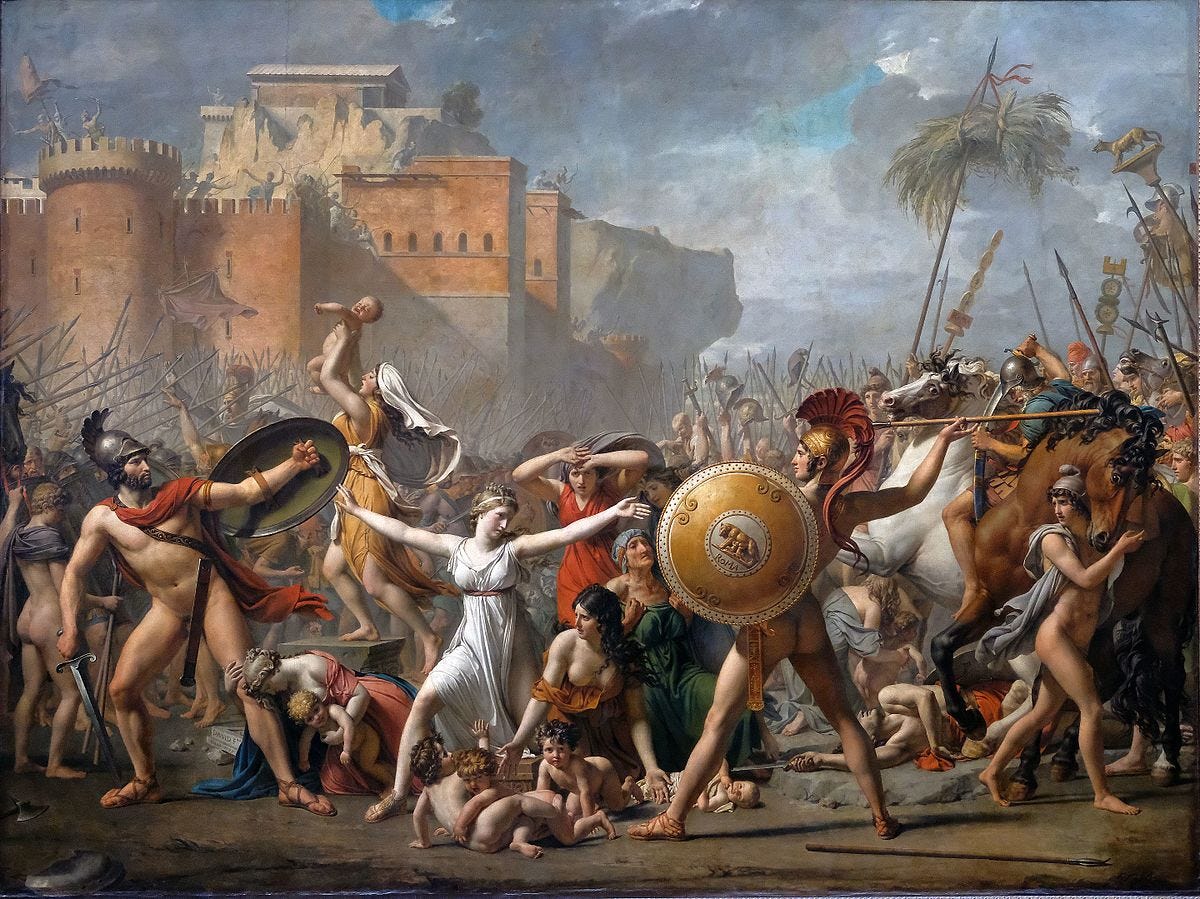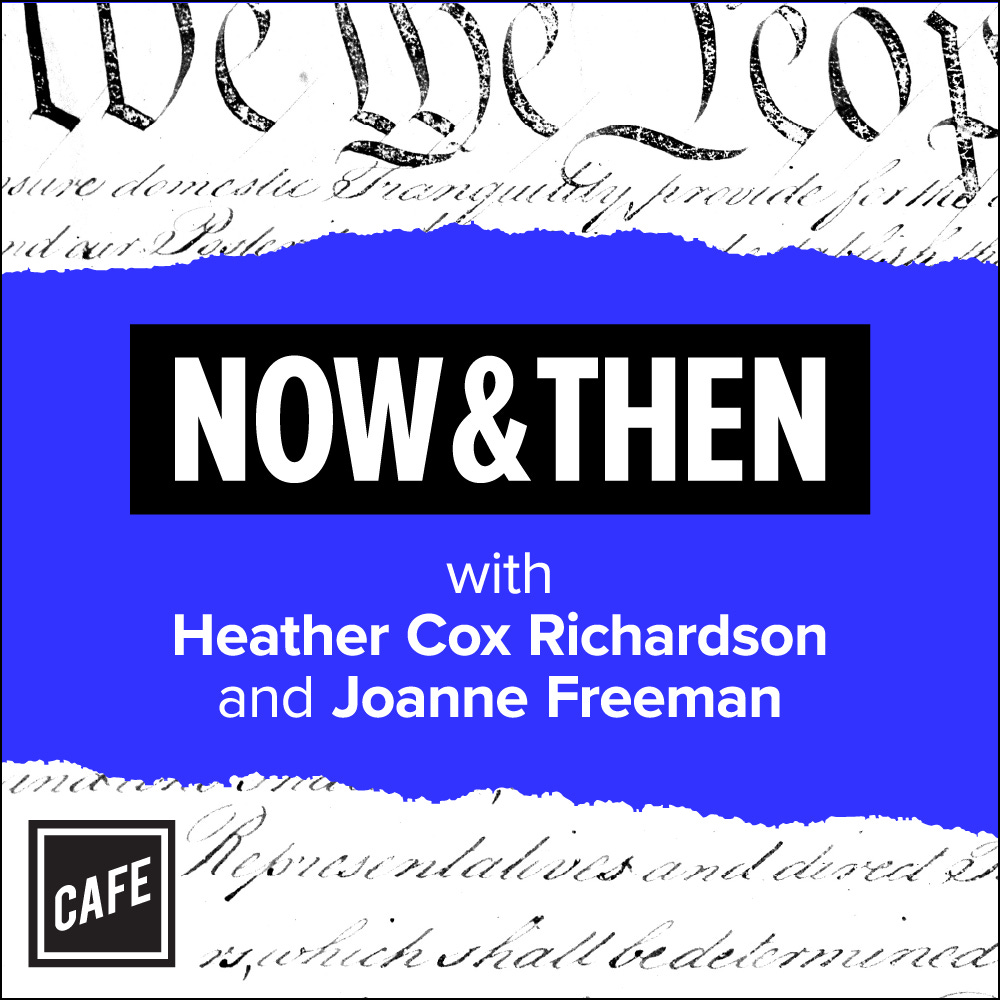A Vindication of the Rights of Woman
Women have come a long way. And yet…
We have lifted the paywall on this edition of Timeless & Timely. The additional links below the essay are part of what our paying subscribers get. If you like discovering new and informative stories and articles, consider what it might be worth to you.

“To be a woman is something so strange, so confusing, and so complicated that only a woman could put up with it.”
— Søren Kierkegaard, 1845
In 1816, stuck indoors during what was known as the “Year Without a Summer,” Mary Wollstonecraft Shelley, the second wife of Percy Bysshe Shelley, penned one of the all-time horror classics: Frankenstein.
More than 200 years later, to read that book is to understand human nature. But it is all the more astounding when we consider that she was a youth of only 18 when she wrote it.
Here we have a young woman who is a deep thinker about intellect and hubris, good and evil; an author whose writing was exquisite and whose ideas so intense that they gave rise to a genre of monster books, films, and more.
Mary Wollstonecraft Shelley is an impressive figure.
And yet, in 1931, more than 100 years after her remarkable novel was published and her name had achieved lasting fame, when director James Whale gave her story life on the silver screen, he credited her as “Mrs. Percy B. Shelley.”
Monstrous.
You’ve Come a Short Way, Baby
As advanced as we are in the 21st century, women are still not on equal footing as men.
It wasn’t until 2018 in Saudi Arabia that women were allowed to drive. But even still, men retain control over critical decisions in a woman’s life, such as if she is allowed to have a passport or if she may get married. A woman is treated as if she is a legal minor.
Here in the United States, the Declaration of Independence enumerated certain inalienable rights and the Constitution established voting rights. But it wasn’t until the 15th Amendment was passed in 1869 that ensured “the right of citizens of the United States to vote shall not be denied or abridged…on account of race, color, or previous condition of servitude.”
Unless you were a woman.
It wasn’t until the 19th Amendment was passed in 1920 — 50 years later — that women were seen as equals when it came to the ability to vote.
In the 1960s, women gained the right to open their own bank accounts, and in 1974 the Equal Credit Opportunity Act prohibited credit discrimination on the basis of gender.
These are just a few examples, but at every turn, we find women having to fight harder for what is naturally given to men.
Women have to fight for maternity leave, equal pay, executive positions, boardroom seats — and most commonly, women have to fight just to be heard in meetings.
So many women (and yes, it’s mostly women, although one of the consistent male voices on this topic is Tom Peters) have documented this, talked about it, and written about it, that my paltry scribblings here pale in comparison to their efforts.
“It would be an endless task to trace the variety of meannesses, cares, and sorrows, into which women are plunged by the prevailing opinion, that they were created rather to feel than reason, and that all the power they obtain, must be obtained by their charms and weaknesses.”
— Mary Wollstonecraft, 1792
And yet, think of the sheer amount of work that women do — starting with mothers. Not only do they undergo the taxing physical process of gestation and childbirth, but they are tireless in their efforts to care for their children. Add an outside job (or jobs) to that, and the time and energy women expend is inordinate.
In a survey by the U.S. Bureau of Labor Statistics in 2021, when it came to time spent on household chores in 2020 versus 2019, men increased time spent by 16 minutes a day and women by 11. But overall, women did far more—2.4 hours daily, compared with 1.6 for men.
At the same time, the percentage of men doing housework and food prep each day decreased from 2019 to 2020, while the percentage of women doing those things increased.1
Nature vs. Nurture
We are a product of what we witness at home, but for Mary Wollstonecraft Shelley, that wasn’t a possibility. Her mother, Mary Wollstonecraft, died just 11 days after giving birth to little Mary.
But mother Mary was a firebrand and a considerable author in her own right, and it may have genetically predisposed young Mary in that direction. Wollstonecraft wrote A Vindication of the Rights of Women in 1792 and dedicated it to Talleyrand, who had recently asserted that women should receive primarily a domestic education.
Incidentally, all of the Wollstonecraft quotes in today’s edition can be found in A Vindication of the Rights of Women.
The book served as something of a framework for 19th-century suffragists who rediscovered the book decades after Wollstonecraft’s death.
How fortunate Mary was to have such a strong and intelligent woman as her mother, whose work could serve as a moral compass. How fortunate we are to have other women like that in our midst today.
May we value them and elevate them as they deserve. We’ll all be the better for it.
“I do not wish them [women] to have power over men; but over themselves.” — Mary Wollstonecraft, 1792
I Now Pronounce You Null and Void
On archaic marriage laws, and a look at those who found the loopholes in them. Including Mary Wollstonecraft, Elizabeth Cady Stanton, and John Stuart Mill. (Lapham’s Quarterly)
Queens of Infamy
When it comes to these women, you don’t want to mess with them. From throughout recorded time, we find women who stand up to their oppressors and who stand out from the pages of history. Here are a dozen worthy of note. (Longreads)
I Have a Sham
I regret to inform you that Miss Havisham, the withered spinster of Charles Dickens’s Great Expectations, whom Pip describes as “withered,” “skin and bone,” “waxwork,” and “a skeleton,” was only 40 years old. (Literary Hub)
“Virtue can only flourish among equals.” — Mary Wollstonecraft, 1790
Glass Ceiling: Moving Target
As women’s history continues to change, so does the target of executive advancement. Here are two skills women need to become top executives. (SmartBrief on Leadership)
The Four Horsewomen of Philosophy
The men who dominated British philosophy from the 1920s to the 1950s all agreed: there is a strict dichotomy between facts and values. The world itself contains only facts, values arise only from our own subjective judgments. But four brilliant women philosophers disagreed. Elizabeth Anscombe, Philippa Foot, Mary Midgley and Iris Murdoch thought the image of the world devoid of value was wrong. They would go on to change the field of moral philosophy forever. (IAI News)
Don’t Be an Ask Hole
Stop asking women how we manage work-life balance. Most of them don’t. (Fortune)
“Till women are more rationally educated, the progress of human virtue and improvement in knowledge must receive continued checks.” — Mary Wollstonecraft, 1792
🎧 On this episode of Now & Then, “Mill ‘Girls,’ Company Men, & the Great Resignation,” Heather Cox Richardson and Joanne Freeman discuss the evolution of American work, from the emergence of industrial labor, to the development of welfare capitalism, to the current “Great Resignation” and shifting contemporary expectations for labor. How has work reflected American democracy? How has the nature of national labor changed the way that we view our allocation of time and our relationships to one another? And how has the pandemic offered an opportunity to reckon once again with our collective work-life balance?
📚 Woman's Record, Or, Sketches Of All Distinguished Women by Sarah Josepha Hale is a 900-page compendium of biographies of 2,500 eminent women since the beginning of recorded history, or, as Hale’s subtitle immodestly puts it, from “the Creation to A.D. 1853.” It was an immense undertaking and a serious work of scholarship, requiring three years of research into biblical studies, world history, classical literature, and more.
One more thing
Don’t miss the first episode of Season 3 of Timeless Leadership, featuring a conversation with Melanie Kirkpatrick about her book Lady Editor: Sarah Josepha Hale and the Making of the Modern American Woman.
There’s so much to learn,
American Time Use Survey, 2021 (U.S. Bureau of Labor & Statistics)










